The products we use on our hair play a key role in its health, shine, and longevity. Many shampoos and conditioners contain harmful ingredients that can damage hair and irritate the scalp. Learning about these substances empowers you to make informed choices for better hair care. Identifying harmful chemicals to avoid in shampoo protects both your hair and overall health, offering a safer alternative for lasting benefits. Choosing products without harsh additives helps maintain natural hair strength while minimizing long-term risks. Awareness of specific ingredients leads to healthier habits and improved results for individuals seeking sustainable and gentle options.
Sulfates that Strip Natural Hair Oils
Sulfates are common in many shampoos for their cleansing properties, but they can strip away natural oils vital for healthy hair. Sodium lauryl sulfate and sodium laureth sulfate are known for creating a lather but often leave hair dry and brittle. They remove not only dirt but also protective oils from the scalp, leading to irritation and flakiness. Individuals with sensitive skin or color-treated hair may experience increased damage when using products containing sulfates. Opting for sulfate-free alternatives maintains moisture balance and supports the scalp's natural barrier without compromising cleanliness.
Parabens in Hair Products and Potential Health Risks
Parabens are synthetic preservatives used to extend the shelf life of personal care products, including shampoos and conditioners. They mimic estrogen, which raises concerns about hormone disruption. Common parabens like methylparaben and propylparaben are linked to health risks when absorbed through the skin. Studies suggest long-term exposure may contribute to certain conditions, making them controversial in cosmetics. Many brands now offer paraben-free options for consumers seeking safer choices. Choosing products without parabens minimizes exposure to potentially harmful substances while promoting peace of mind and healthier outcomes for your scalp and hair.
Formaldehyde-Based Preservatives Linked to Scalp Irritation
Formaldehyde and its releasers, such as DMDM hydantoin and quaternium-15, are preservatives used in some shampoos to prevent microbial growth. These chemicals release small amounts of formaldehyde over time, which can irritate the scalp and trigger allergic reactions. Extended use of products containing formaldehyde-based preservatives increases sensitivity, particularly for those with pre-existing skin conditions. Some studies also link formaldehyde exposure to more serious health concerns. Selecting shampoos without formaldehyde-based preservatives supports scalp health, reduces irritation, and contributes to a safer hair care routine.
Fragrance Causing Allergies and Sensitivities
Fragrance ingredients in hair care products often contain undisclosed chemicals that can cause allergic reactions or sensitivities. Artificial fragrances may include phthalates, allergens, or endocrine disruptors. Prolonged exposure leads to irritation or adverse effects for individuals with sensitive skin or conditions like eczema. Choosing fragrance-free or naturally scented options reduces exposure to hidden irritants while providing a gentle experience. Reading ingredient labels carefully helps avoid products with vague terms like "fragrance" or "parfum." Prioritizing transparency in product formulations protects your scalp from unwanted reactions.
Silicone Build-Up Leads to Weighed-Down Hair
Silicones such as dimethicone and cyclopentasiloxane are added to shampoos and conditioners to create a smooth, glossy finish. While they provide temporary shine, prolonged use results in build-up that weighs down hair and disrupts its natural volume. This residue prevents moisture absorption, leaving strands dry and brittle over time. Silicone build-up also makes it harder for nourishing treatments to penetrate the hair shaft. Switching to silicone-free products allows your hair to breathe and retain its natural softness and vitality.
Polyethylene Glycols Affect Scalp and Hair Health
Polyethylene glycols (PEGs) are used as thickeners and stabilizers in many hair care products. Derived from petroleum, they can strip moisture from the scalp and weaken hair. PEGs also increase skin permeability, potentially allowing harmful substances to penetrate deeper layers. Their production raises environmental concerns due to toxic byproducts released during manufacturing. Choosing PEG-free shampoos and conditioners protects both hair health and the planet. Opting for plant-based alternatives ensures a gentler cleansing experience without harmful residues.
PEGs also compromise scalp health by disrupting its protective barrier. This leads to dryness, irritation, or increased sensitivity for some individuals. Avoiding products containing PEGs supports the scalp's natural defense mechanism. Formulations with botanical ingredients deliver effective results while maintaining balance and hydration. Making informed choices encourages healthier outcomes for both your hair and skin.
Avoid Phthalates Used in Fragrance Formulas
Phthalates, commonly used in synthetic fragrances, act as plasticizers to prolong scent longevity. Exposure to phthalates raises concerns due to their potential impact on hormonal balance. Dibutyl phthalate (DBP) and diethyl phthalate (DEP) are examples often linked to endocrine disruption and other health issues. These compounds can enter the body through skin absorption, posing risks with long-term use. Phthalate-free options reduce exposure and promote safer hair care practices.
Brands increasingly recognize consumer demand for transparency by offering fragrance formulations free from phthalates. Products using natural aromas or essential oils provide an appealing alternative without compromising safety. Selecting such options avoids hidden toxins while enhancing your overall well-being.
Synthetic Colors and Their Impact on Hair Health
Artificial colorants like FD&C dyes are added to shampoos for aesthetic appeal but offer no benefits to hair health. These synthetic dyes often contain coal tar, which can irritate the scalp and trigger allergic reactions. Prolonged exposure contributes to dryness, breakage, or fading in color-treated hair. Opting for shampoos without artificial dyes minimizes irritation while preserving your hair's natural vibrancy.
Synthetic dyes also raise environmental concerns due to the pollutants released during production. Plant-based colorants provide a sustainable alternative with gentle, nourishing properties. Embracing these choices enhances your hair care routine while supporting eco-friendly practices.
Triclosan and Its Harmful Effects on Hair Follicles
Triclosan, an antimicrobial agent, is occasionally found in shampoos despite its known risks. It disrupts the natural microbial balance of the scalp, weakening hair follicles over time. Prolonged use contributes to scalp dryness or irritation, compromising overall hair health. Studies suggest triclosan exposure may also impact endocrine function. Choosing products free of triclosan ensures safer outcomes for your scalp and hair.
Alcohol-Based Ingredients that Dry Out Hair
Short-chain alcohols like ethanol and isopropyl alcohol are commonly added to shampoos for quick-drying properties. However, these ingredients strip natural oils, leaving hair dry and prone to breakage. Individuals with curly or textured hair often experience greater damage when exposed to alcohol-based formulas. Replacing these products with those containing fatty alcohols such as cetyl or stearyl alcohol restores moisture and reduces brittleness.
Prolonged use of drying alcohols exacerbates split ends and dullness, hindering hair's natural shine and elasticity. Alcohol-free alternatives maintain hydration levels and promote long-lasting softness. Opting for nourishing formulas protects your hair's integrity and overall appearance.
Ammonium Lauryl Sulfate and Sodium Lauryl Sulfate
Ammonium lauryl sulfate and sodium lauryl sulfate serve as surfactants in shampoos but differ in their effects. Ammonium lauryl sulfate is milder and less likely to cause irritation, while sodium lauryl sulfate is harsher and strips natural oils. Both can contribute to dryness or sensitivity with repeated use. Selecting products free of these sulfates supports healthier scalp conditions and preserves moisture balance.
For individuals with delicate or color-treated hair, avoiding harsh surfactants prevents unnecessary damage. Mild cleansers derived from coconut or sugar deliver effective cleansing without stripping beneficial oils. Prioritizing gentler options maintains hair's vitality and strength.
Mineral Oil Blocks Moisture Absorption in Hair
Mineral oil, derived from petroleum, coats the hair shaft to create a smooth appearance but blocks moisture absorption. This leads to dryness over time and prevents nourishing ingredients from penetrating the strands. Individuals seeking hydration solutions often find mineral oil-based products counterproductive. Switching to plant-based oils such as argan or jojoba supports hydration while maintaining softness.
Mineral oil residues also attract dirt and impurities, requiring frequent washing that can further dry out hair. Products formulated with lightweight botanical oils offer long-term benefits without buildup. Choosing these alternatives enhances hair's natural shine and manageability.
Avoiding Preservatives Like Methylisothiazolinone
Methylisothiazolinone is a preservative used to prevent microbial growth in shampoos but is known to cause allergic reactions. Individuals with sensitive skin often experience redness, itching, or flakiness when exposed to this chemical. Repeated use increases sensitivity, making it necessary to avoid shampoos containing this ingredient. Selecting products with natural preservatives ensures a safer experience.
Choosing Natural Alternatives For Hair Care Products
Choosing natural alternatives for hair care products offers a gentle and eco-friendly approach to maintaining healthy hair. Sulfate-free shampoos cleanse effectively without stripping natural oils, helping to retain moisture and reduce scalp irritation, making them ideal for sensitive skin or color-treated hair. Natural preservatives, such as grapefruit seed extract or rosemary oil, replace synthetic chemicals while ensuring product freshness. Botanical oils like argan, coconut, and olive deliver deep hydration and nourishment, restoring the hair's softness and shine. Additionally, essential oils such as lavender or tea tree not only provide a pleasant scent but also offer antimicrobial properties that promote a healthy scalp. By opting for these natural ingredients, you can achieve vibrant, healthy hair while supporting sustainable beauty practices.
Your Path to Gentle Hair Care Starts with Szeeking JOY
Discover non-toxic hair care products crafted for safe, lasting results. Szeeking JOY offers safe alternatives that prioritize natural formulas for clean, nourished strands. Our bar shampoos and conditioners protect hair from harsh additives, supporting hydration and balance. Choose from our eco-conscious selection tailored to your needs and let us help you achieve vibrant hair with non-toxic ingredients. Empower your journey to healthier hair, free of harmful chemicals and full of confidence.

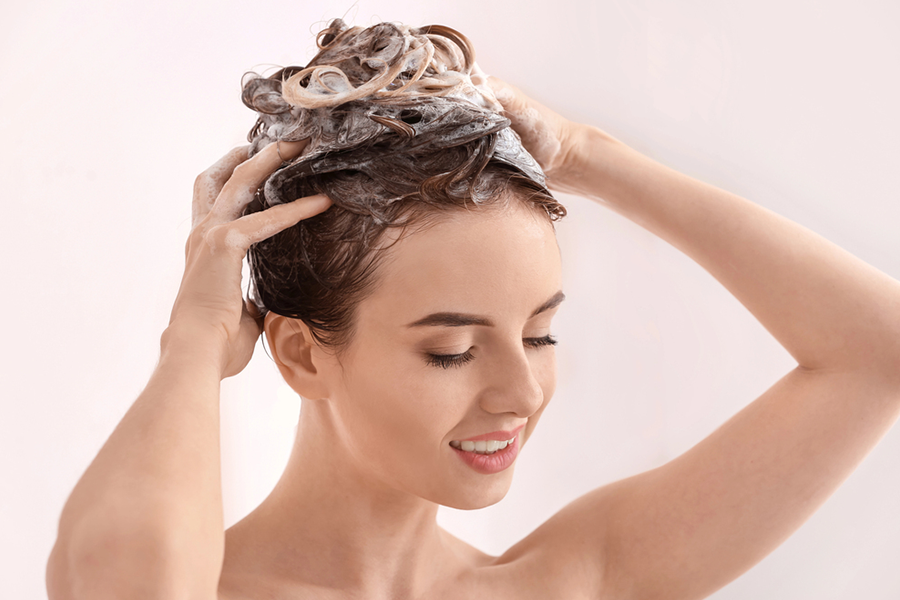
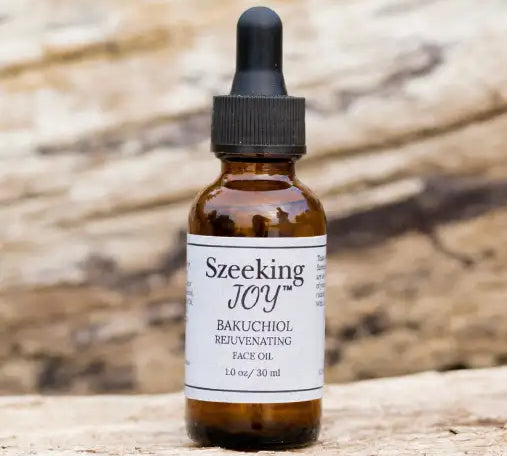
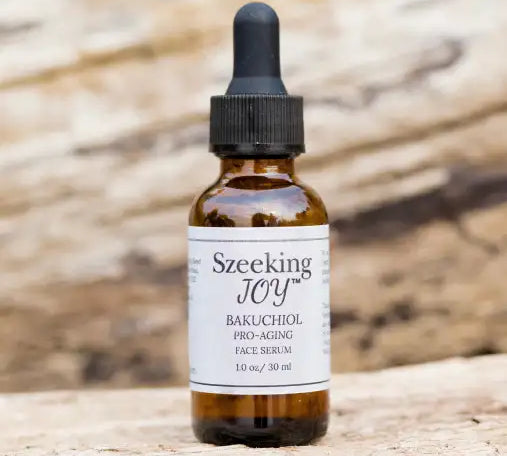
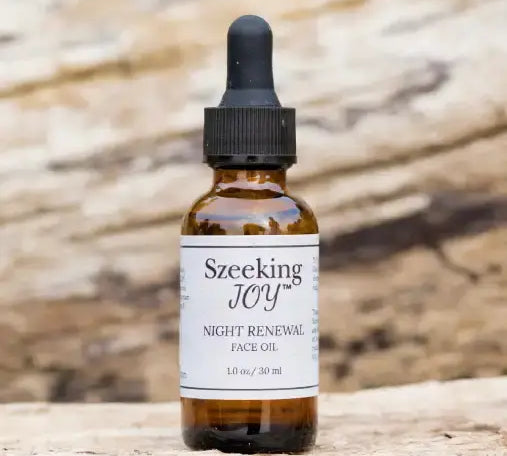
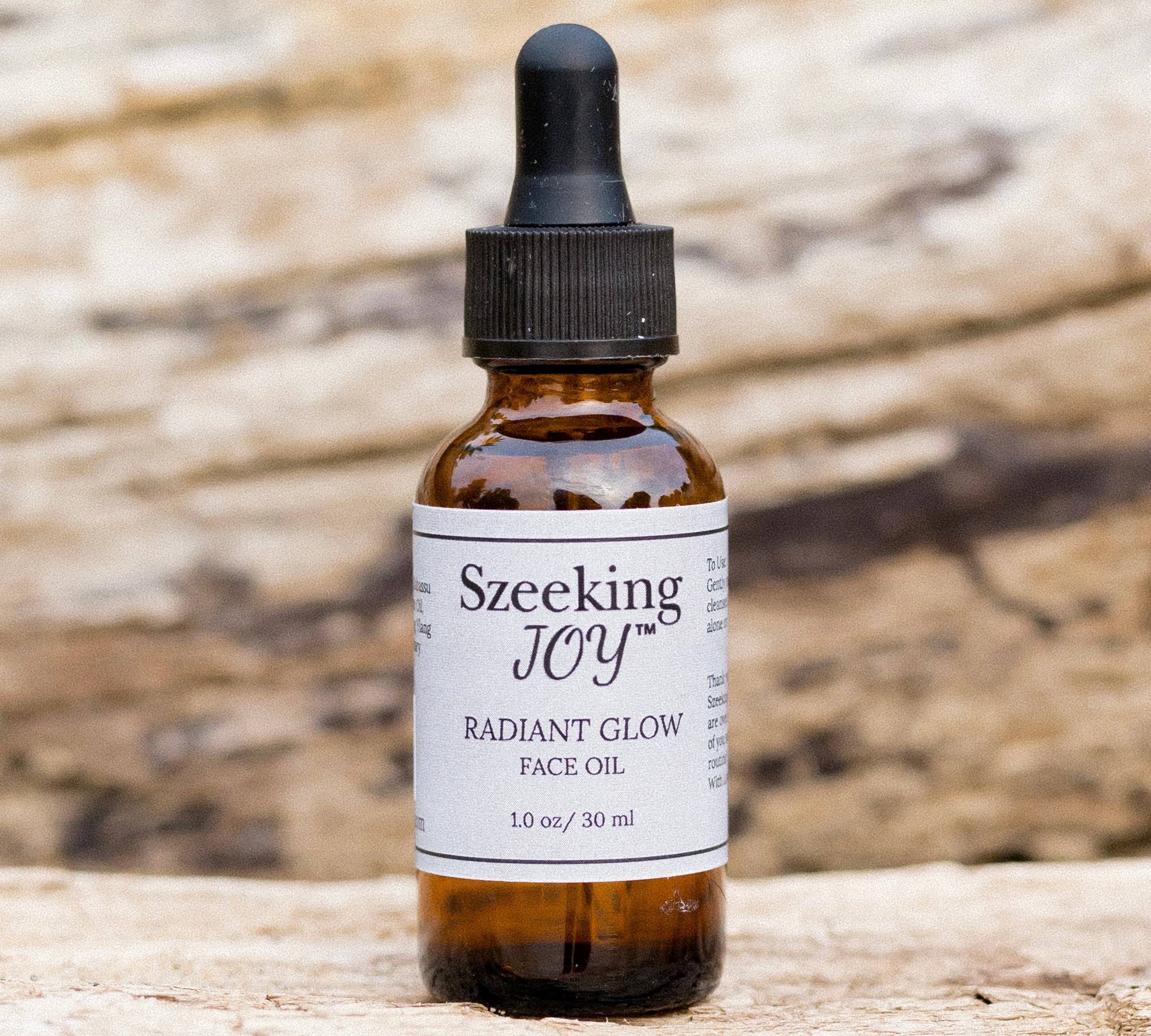
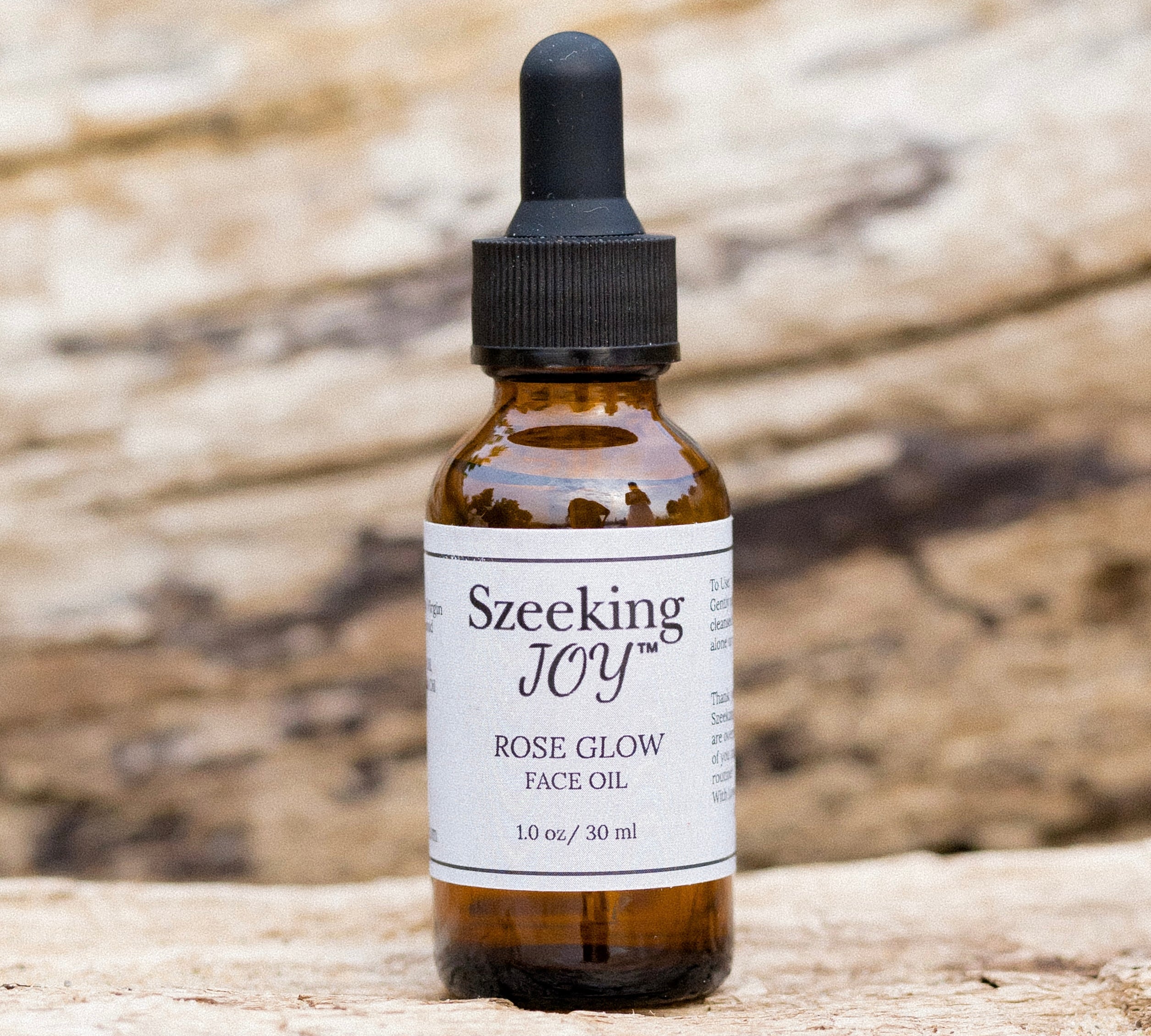
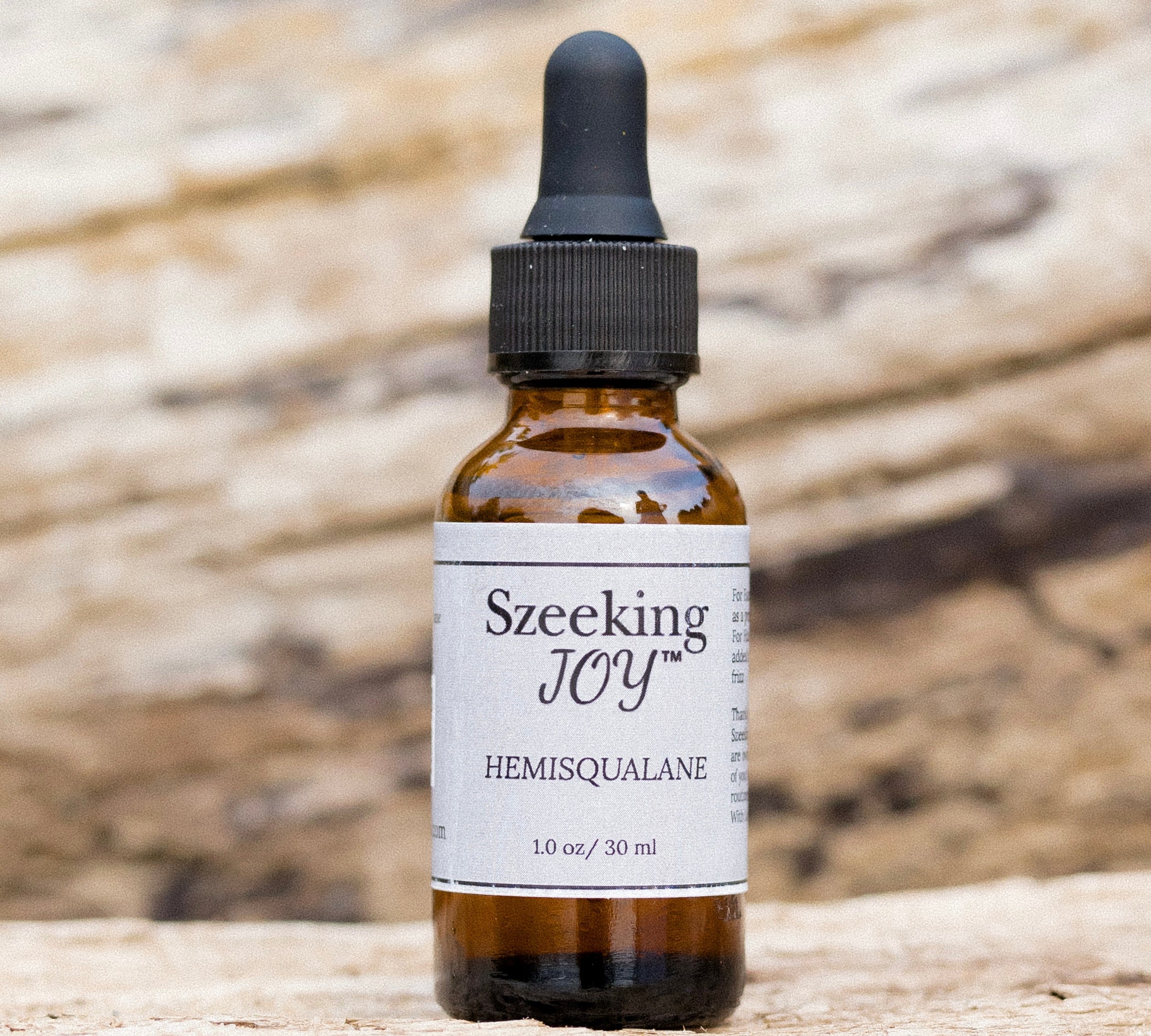
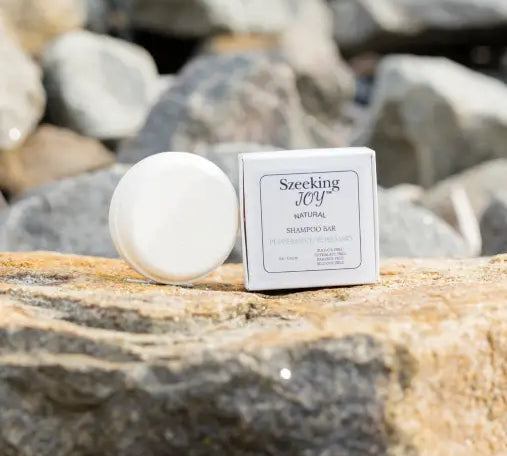
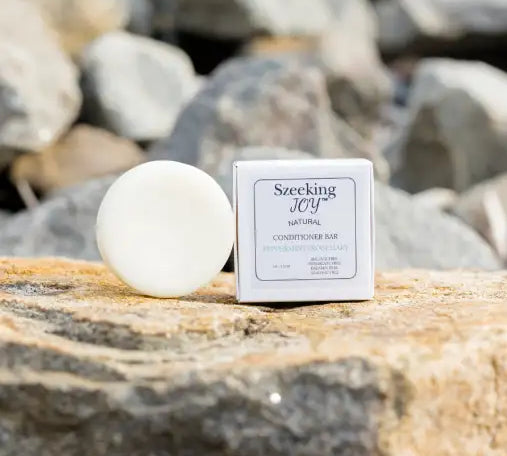
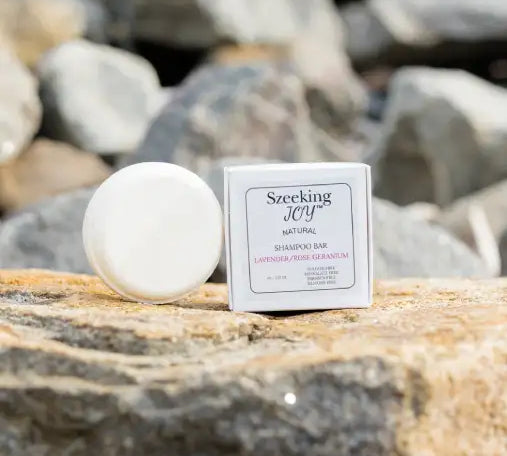
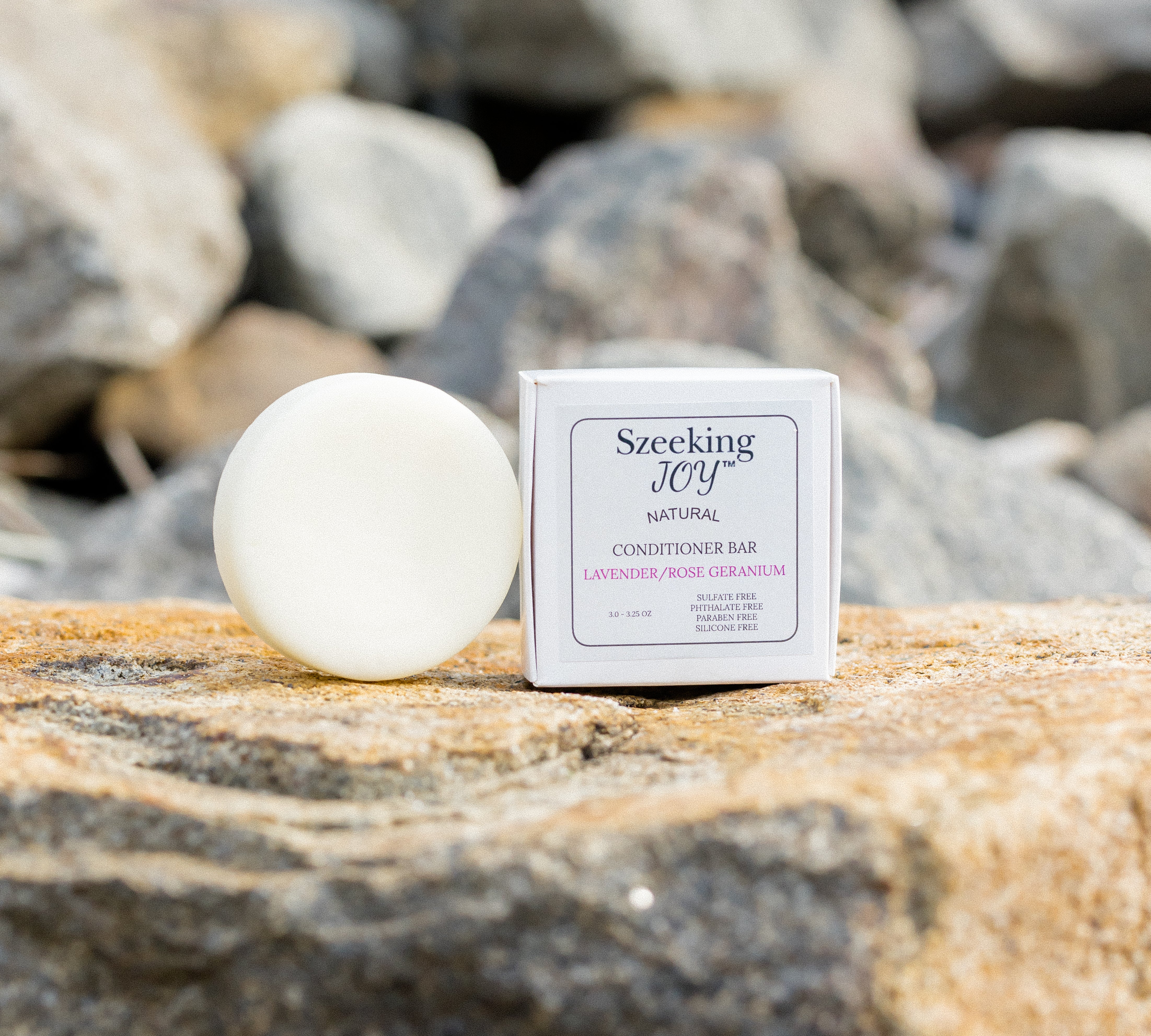
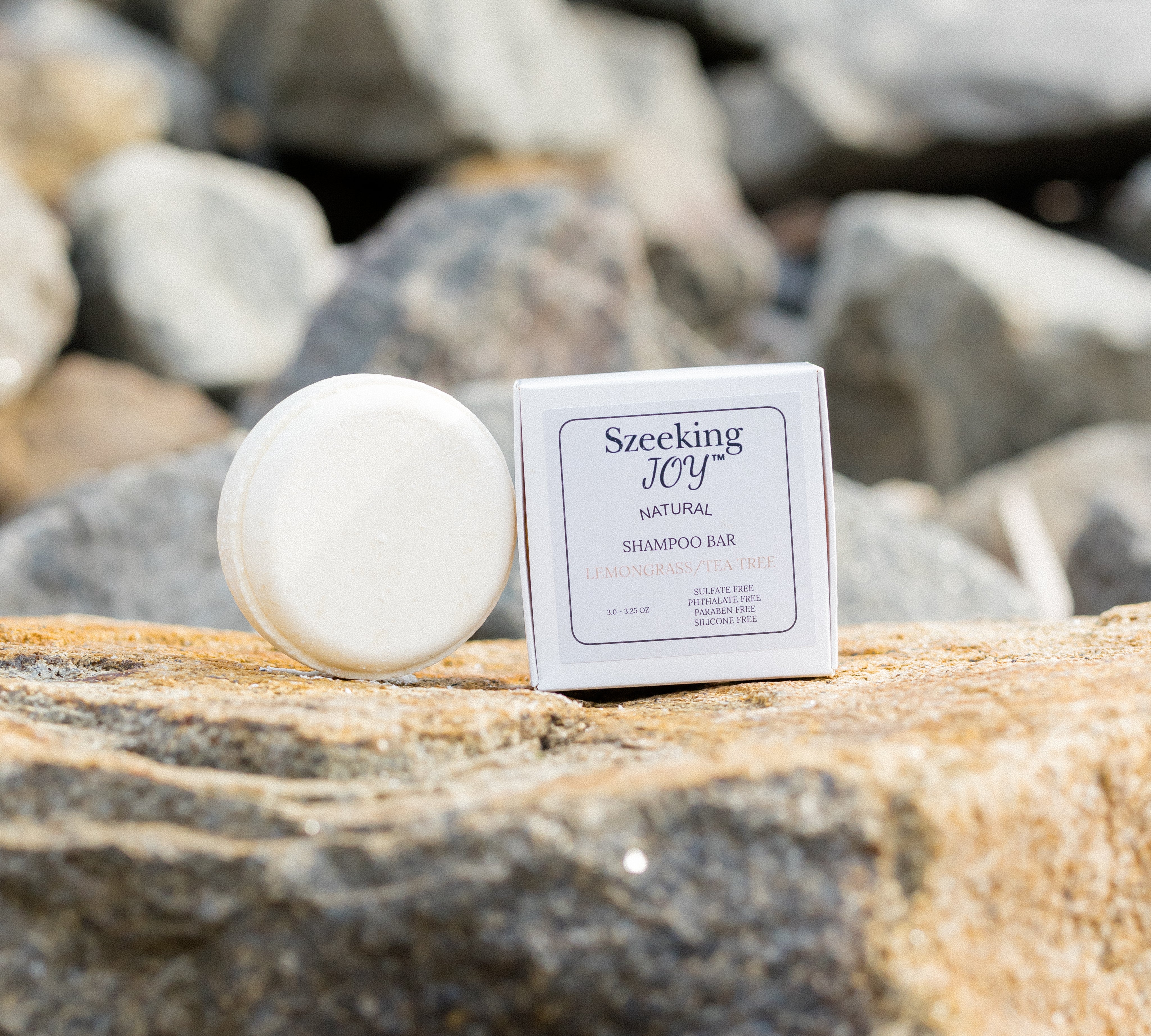
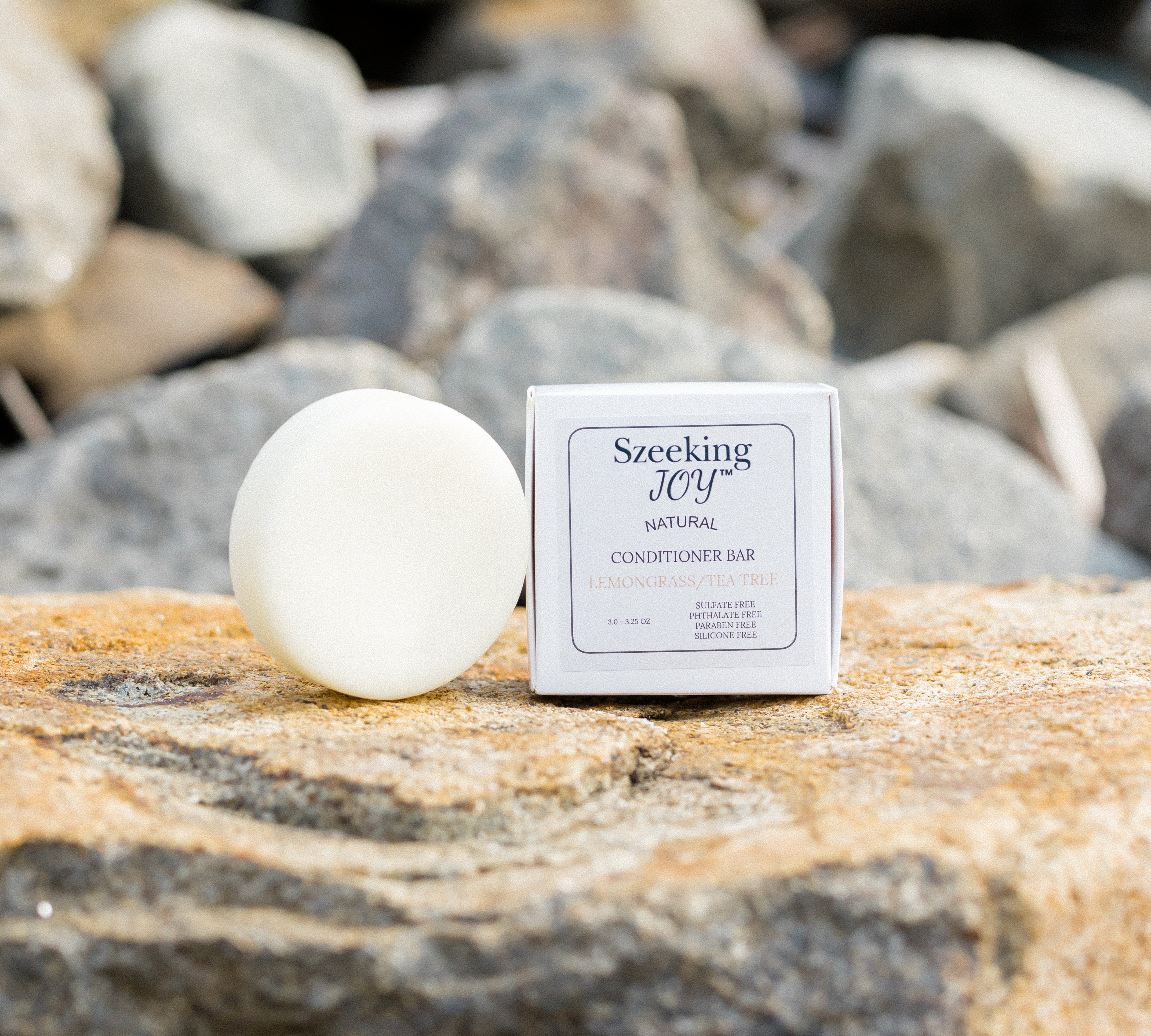
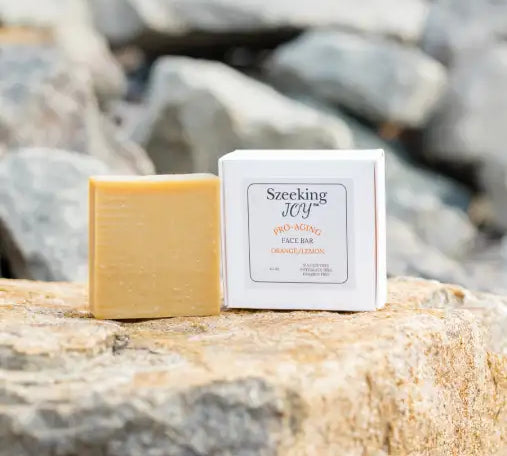
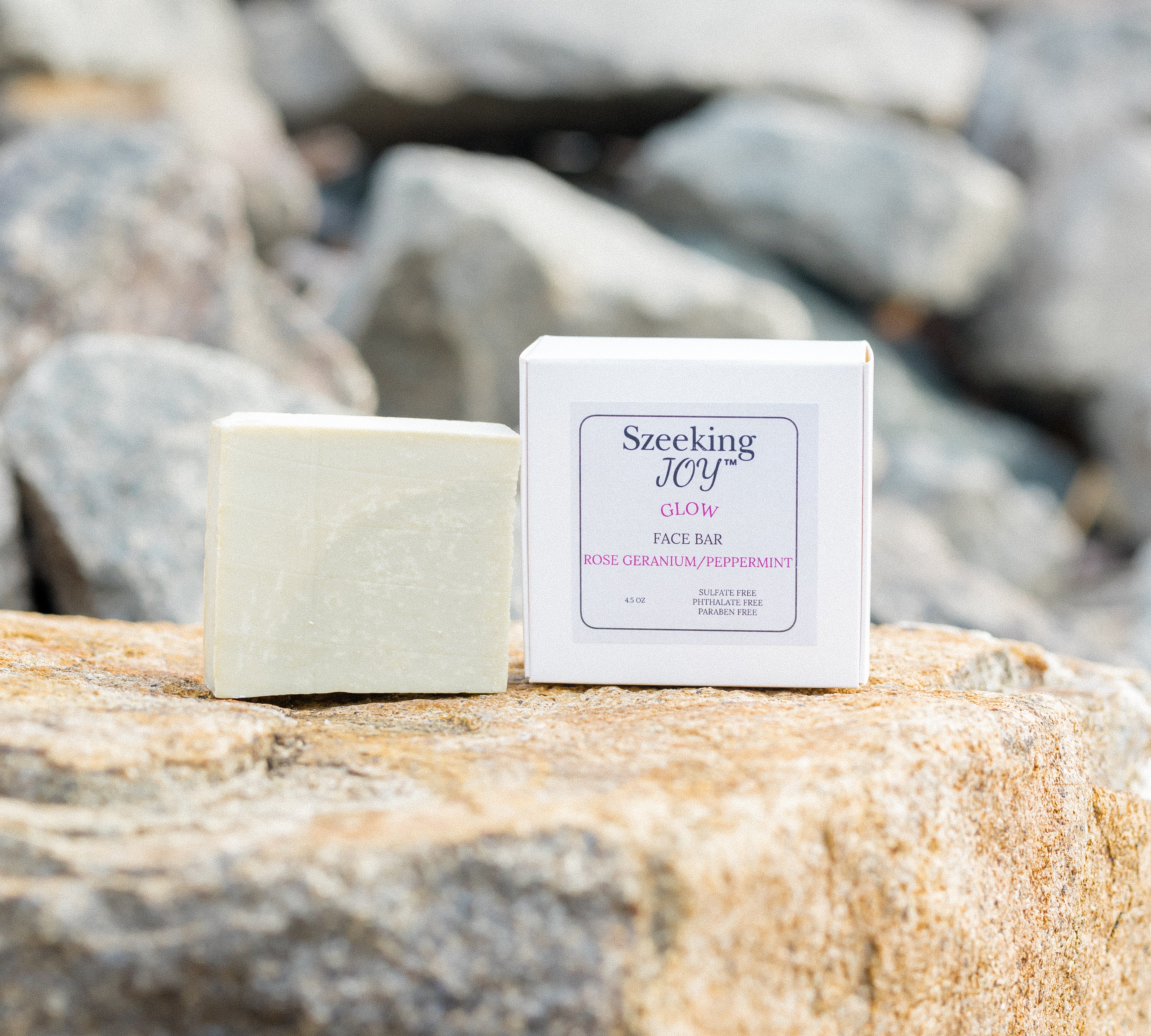
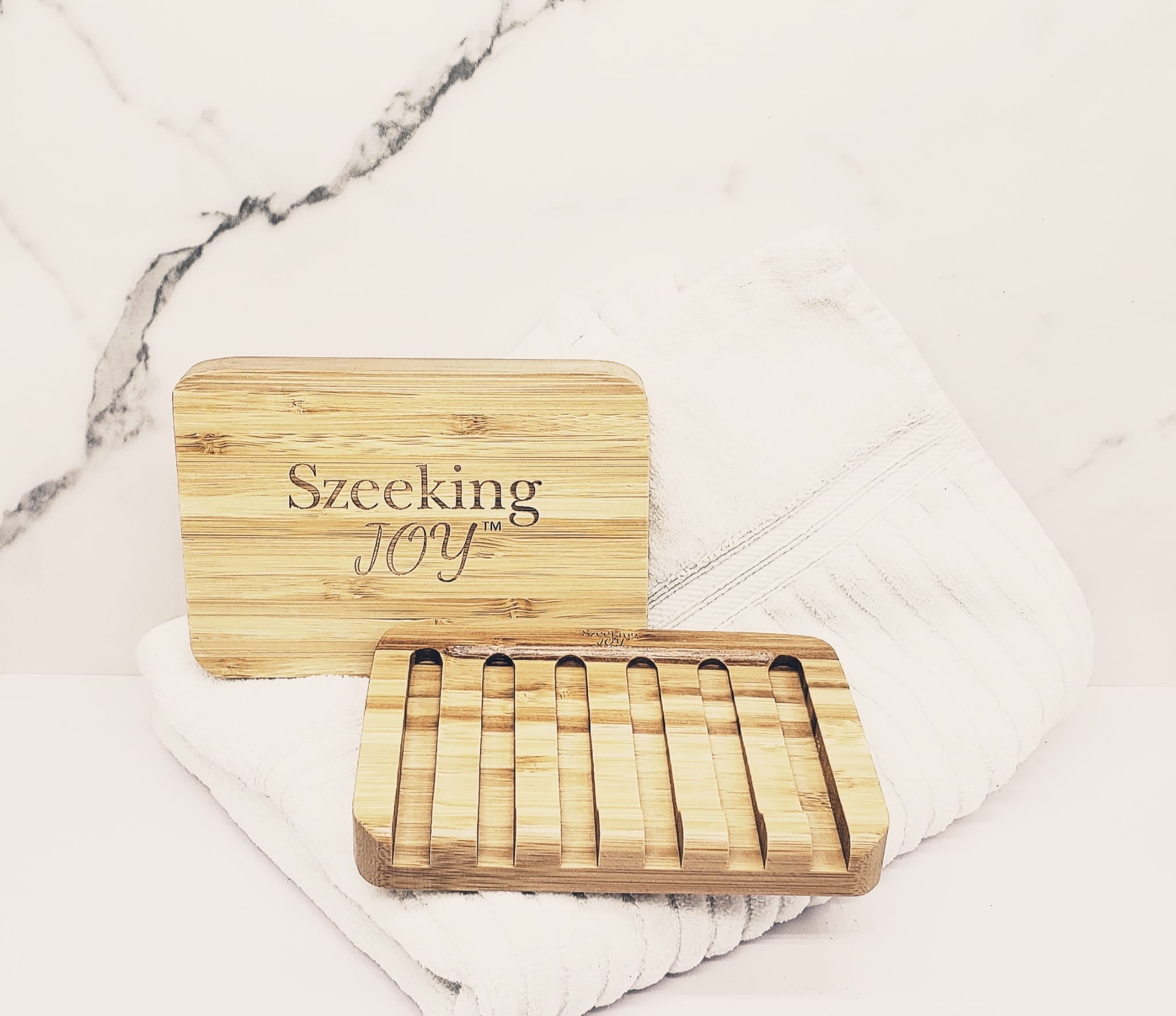
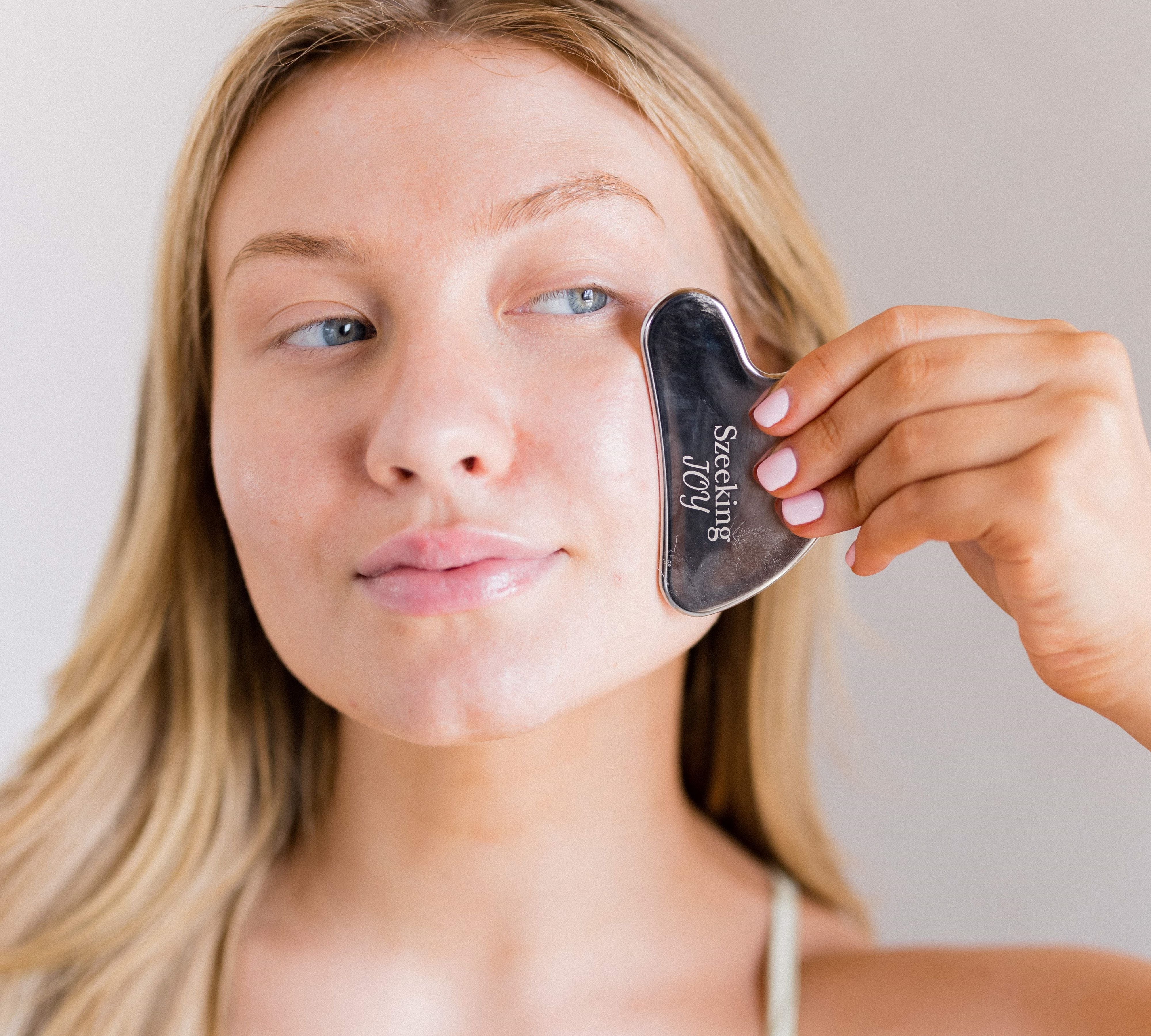
Leave a comment